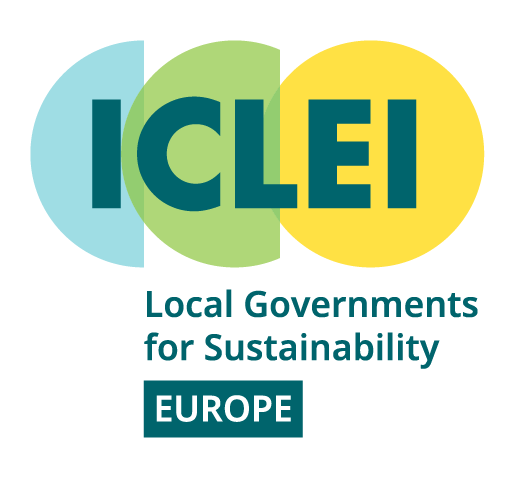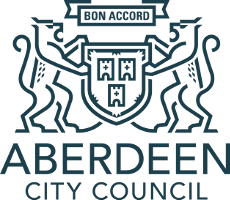25 October 2018
SMARTEES cities explored Zurich’s approach to mobility plan development
The approach of the city of Zurich to the development of its holistic mobility plan was in the focus of the second site visit organised by SMARTEES for the follower cities participating in the project. Municipality representatives from Budapest, Burgas, Izmir and Trondheim visited Zurich on 25 October 2018 in order to learn about the city’s experience in urban mobility planning.
Zurich is a reference model for many cities striving to make their mobility plans holistic. Lorenzo Cavallasca, Project Leader for Mobility and Public Space of the Civil Engineering Office of Zurich, explained the participants of the visit the city’s approach to sustainable mobility planning and the importance of social innovation, focusing on political, historical, organisational, structural and technical dimensions. During the knowledge co-creation session, the participants explored how Zurich’s best practices can be applied in their cities.
The mobility plan of Zurich stands out due to its holistic, participatory and persistent nature. The city started its implementation in 2001 and achieved significant results, which include a ten per cent drop in the share of motorised transport, a freeze for public parking spaces in the inner city, citywide low-speed zones in residential areas, a demand-oriented public transportation system as well as good progress in establishing a new mobility culture among the city’s population and commuters.
A photo gallery of the site visit is available on Flickr.
More information about Zurich’s mobility plan can be found here.
Image: SMARTEES follower city visit to Zurich














